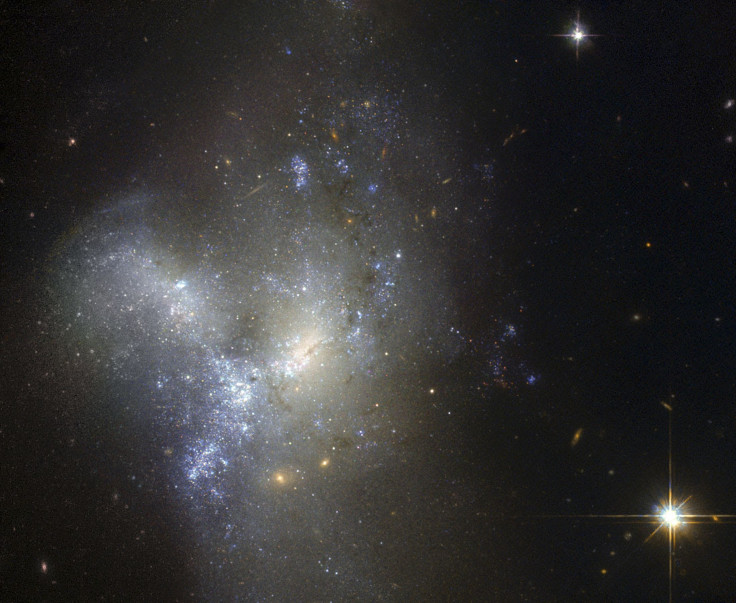Dark radiation may cause expanding universe to tear itself apart, say scientists

A mysterious force known as dark radiation may be making our universe expand way faster than previously anticipated. NASA made the discovery this week via its Hubble Space Telescope that revealed that the universe is expanding 5 to 9 percent faster. The expansion may have been brought by weird things happening with dark matter or dark energy.
Professor Adam Riess of the Space Telescope Science Institute and The Johns Hopkins University led the team of researchers and they made accurate measurements about the universe’s expansion rate since the Big Bang happened 13.8 billion years ago. NASA believes that this find will help scientists better understand unknown parts of the universe and also dark matter and dark energy. The findings will be published in The Astrophysical Journal.
Dark energy and dark matter have never been detected. Normal matter such as gas, planets and stars constitute only 5 percent of the universe. Dark matter accounts for around 25 percent while dark energy constitutes 70 percent of the universe.
According to co-author and astronomer Dr. Brad Tucker from the Mt Stromlo Observatory at the Australian National University, the reasons the two have not been detected yet can be many. One possibility is that dark energy changes over time but its measurements are constant. Another possibility is that dark matter behaves differently with gravity and is stronger. A third possibility is the presence of a mysterious force known as dark radiation.
Dark radiation would ideally be different from dark matter and dark energy. It may be a possible new form of neutrino.
“Either something else is missing, as in there's a new type of substance we don't know, or the things we already know of are really weird and crazy and something funny is going on. We either add something new or we really have to figure out what do we think about dark matter and dark energy and what they are,” Tucker told the ABC.
An expanding universe poses some very interesting scenarios for the future of the universe. It may tear itself apart one day. The fabric of time and space will rip apart and the universe will end in what is known as the Big Rip. Alternately, the universe may also keep growing and turn into a cold universe with no stars and completely empty. This is known as the Big Freeze.
Scientists may also face a lot of problems due to an ever-expanding universe. Accelerated expansion will take the galaxies and other spatial objects so far away that it would be impossible for scientists to study them from Earth.






